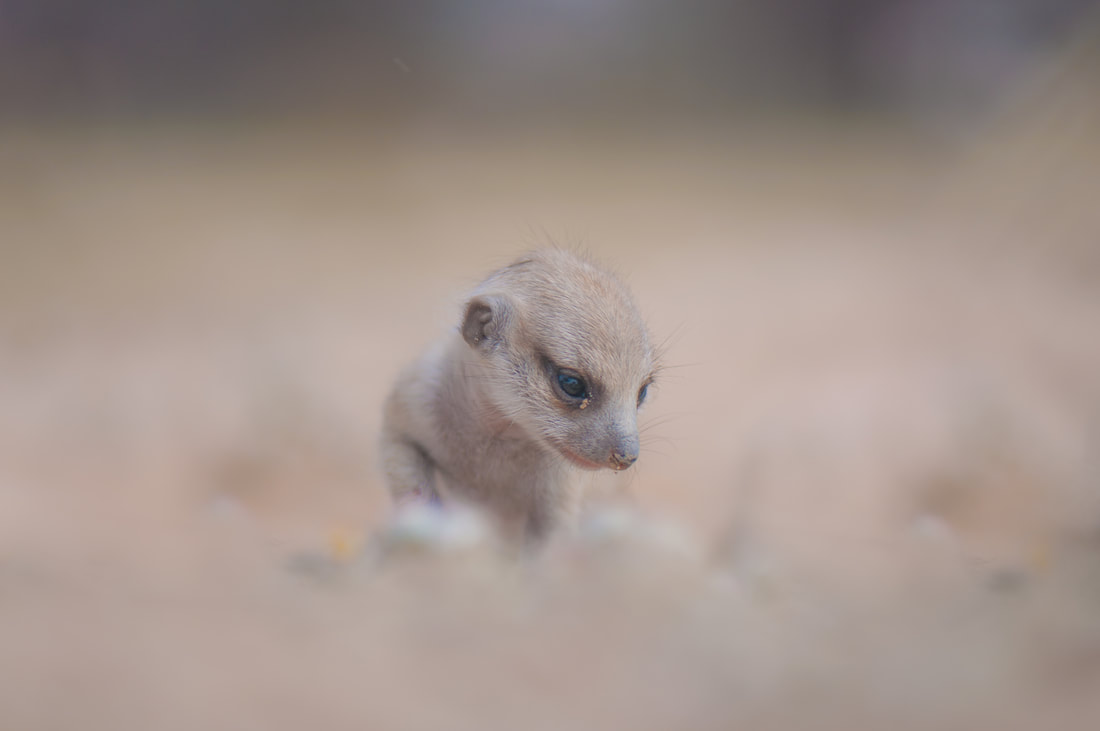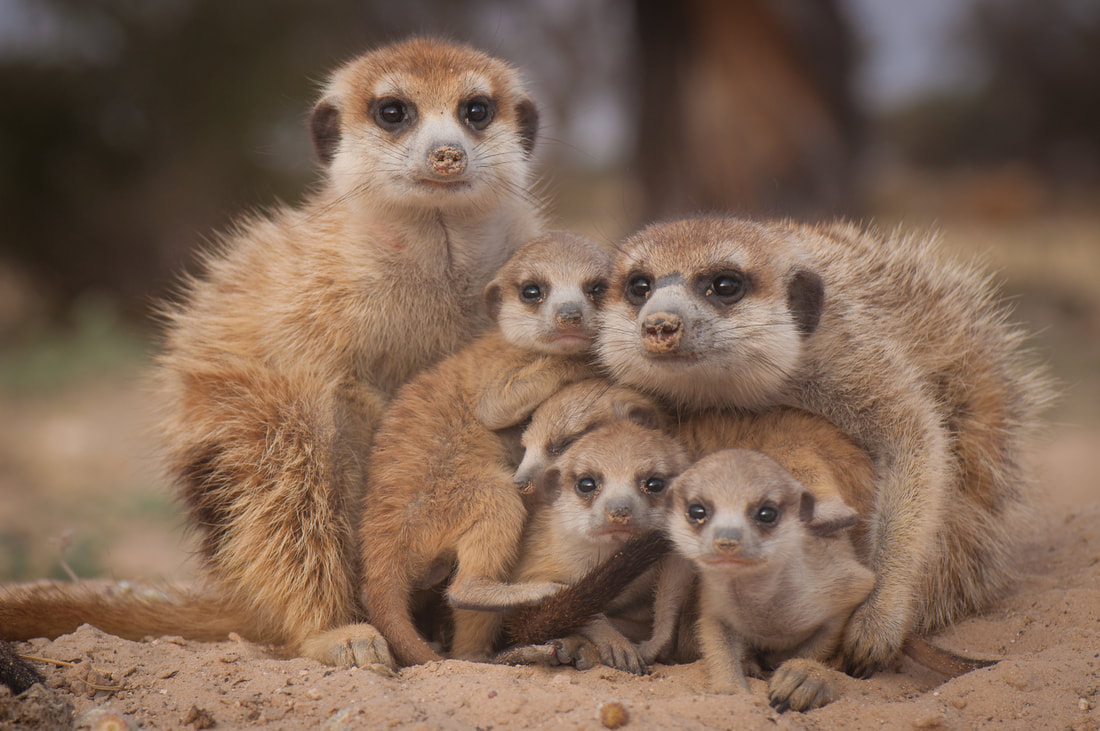My paper investigating variation in meerkat pup telomere lengths has ben published in Proceedings of the Royal Society B. Hopefully the first of many meerkat telomere papers!
Below is a summary of the paper’s findings, along with a personal reflection on the study.
Below is a summary of the paper’s findings, along with a personal reflection on the study.

We set out to investigate what factors affect telomere lengths in young meerkat pups. Telomeres are the protective caps on chromosomes, much like the plastic tips on your shoe-laces. Over time, those plastic tips get worn and frayed, and eventually they break off, which usually spells the end for those shoe-laces. The same is true for telomeres, which shorten and fray as individuals age, starting from birth. Short telomeres are bad news: other studies have shown they are associated with diseases and mortality.
Our first set of results revealed that intense competition between pups was associated with shorter telomeres at roughly 1 month old. Meerkat pups with short telomeres at this early stage were less likely to survive into adulthood. Next, we looked for factors and strategies that might protect pups from short telomeres and reduced survival.
First, we looked at food. Are pups competing over food? Is this why their telomeres shorten? If food competition is relaxed, are meerkat pups’ telomere protected? We tested this by experimentally feeding pregnant and lactating mothers. We found that pups from fed mothers had longer telomeres, regardless of the competition they faced. So pups are competing for food, and pups from well-fed mums are resilient and have longer telomeres!
Next we looked at what mothers might do to protect their pups. Previous studies have shown that meerkat mums ruthlessly harrass other pregnant females, and mercilessly murder their pups. We wanted to investigate how these tactics affected the competition faced by their own pups, and whether this might impact their telomeres. We found that murderous meerkat mums typically kill 4 rival pups, reducing the competition faced by their own pups. We would predict this would be associated with a 7% increase in telomere lengths - quite a health boost!
Our first set of results revealed that intense competition between pups was associated with shorter telomeres at roughly 1 month old. Meerkat pups with short telomeres at this early stage were less likely to survive into adulthood. Next, we looked for factors and strategies that might protect pups from short telomeres and reduced survival.
First, we looked at food. Are pups competing over food? Is this why their telomeres shorten? If food competition is relaxed, are meerkat pups’ telomere protected? We tested this by experimentally feeding pregnant and lactating mothers. We found that pups from fed mothers had longer telomeres, regardless of the competition they faced. So pups are competing for food, and pups from well-fed mums are resilient and have longer telomeres!
Next we looked at what mothers might do to protect their pups. Previous studies have shown that meerkat mums ruthlessly harrass other pregnant females, and mercilessly murder their pups. We wanted to investigate how these tactics affected the competition faced by their own pups, and whether this might impact their telomeres. We found that murderous meerkat mums typically kill 4 rival pups, reducing the competition faced by their own pups. We would predict this would be associated with a 7% increase in telomere lengths - quite a health boost!

This study was a huge endeavour, involving hundreds of meerkats, dozens of fieldworkers, hours of labwork and statistical analysis, and multiple drafts of the final paper. The paper contains six analyses - far more than I’d usually include. But each result posed new questions ["is this driven by food competition? what effect does infanticide have? are telomere lengths linked to survival?”] kept the process moving forward. The beauty of a large-scale, long-term natural dataset like the Kalahari Meerkat Project is that we could keep asking these questions. A similar paper written about almost any other species would have hit a brick wall labelled “not enough data”.
A big 'thank you' to all those who helped with this study (that essentially means anybody who has collected data on our meerkats in the last 8 years!). On to the next project - investigating telomere lengths in adult meerkats!
A big 'thank you' to all those who helped with this study (that essentially means anybody who has collected data on our meerkats in the last 8 years!). On to the next project - investigating telomere lengths in adult meerkats!
